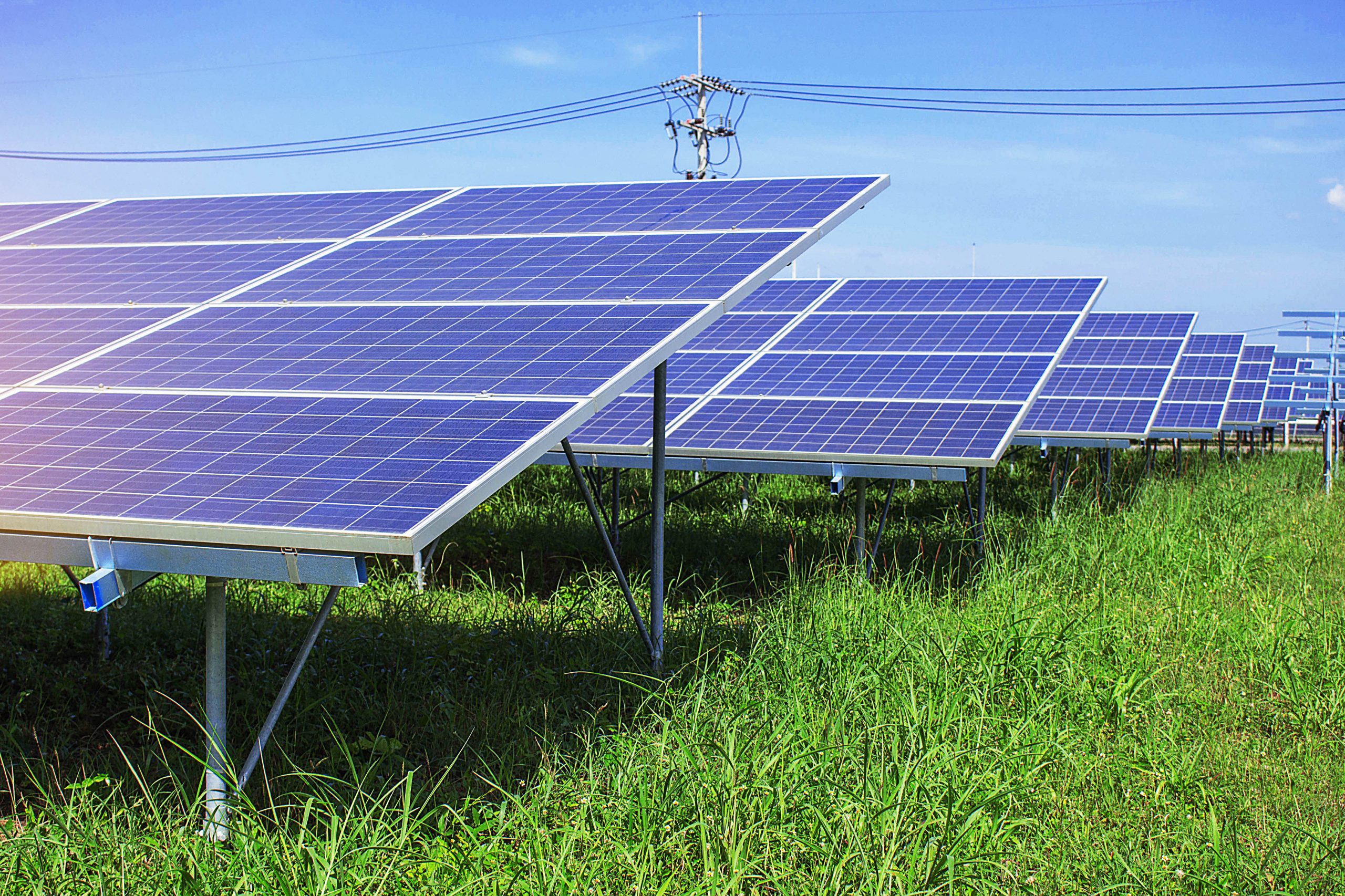Solar panels are considered carbon neutral in the sense that they generate electricity without emitting greenhouse gases, unlike traditional sources of energy such as coal and natural gas, which release carbon dioxide and other pollutants into the atmosphere. When operating correctly, solar panels only emit energy in the form of light and heat, which are not harmful to the environment.
However, the production of solar panels does have an associated carbon footprint. The production process involves the mining and refining of raw materials, such as silicon, as well as the manufacturing and transportation of the panels themselves, which consume energy and release emissions.
However, the carbon footprint of solar panel production can be offset over time as the panels generate clean energy. A typical solar panel system will generate more energy over its lifetime than the energy required to produce it, meaning that it will have a net positive impact on the environment.
In conclusion, solar panels are considered carbon neutral in their operation, as they generate electricity without emitting harmful greenhouse gases. While there is a carbon footprint associated with their production, this can be offset over time as the panels generate clean energy. Therefore, the use of solar panels can be an important step towards achieving a low-carbon energy future and combating climate change.








